Rust stains on countertops can be a real eyesore. Whether they're on your kitchen, bathroom, or outdoor countertops, these stains are unsightly and can become permanent if not treated promptly. Fortunately, you can remove rust stains easily with a few simple steps using materials you likely already have at home. Here's how to tackle those stubborn rust spots.
Other Topics You Might Like
Helpful Products You Might Like
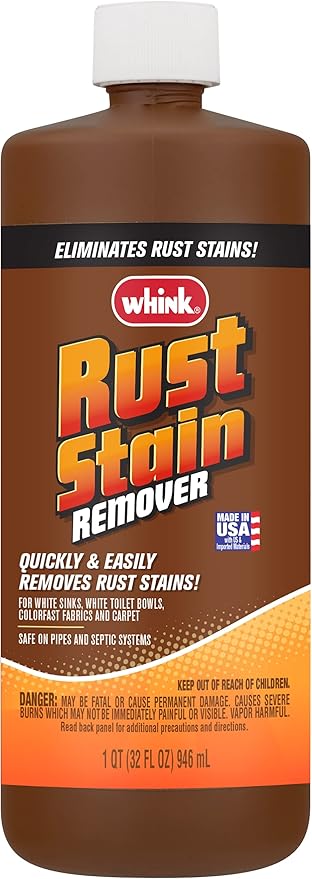
Liquid Rust Stain Remover
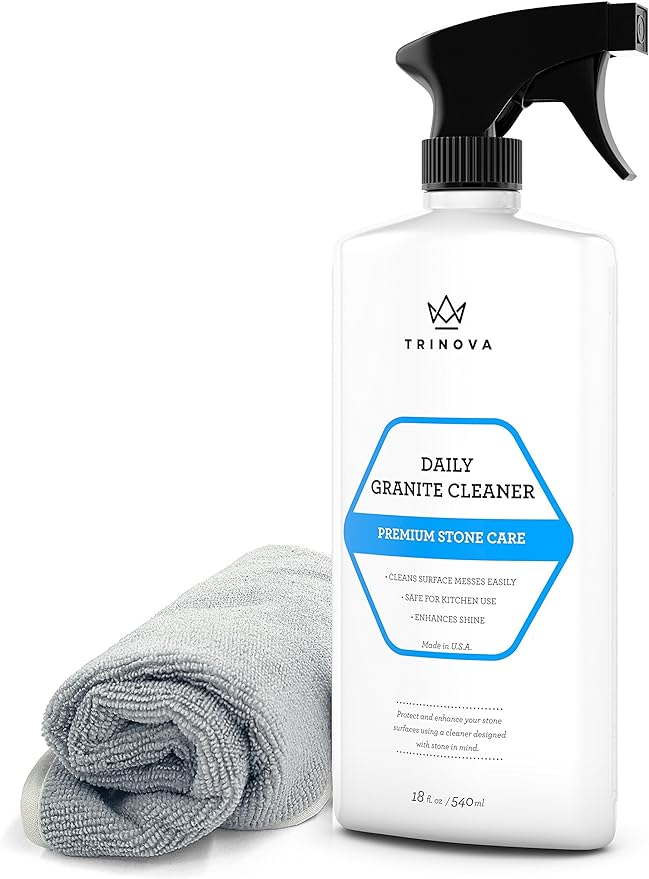
Granite Cleaner for Countertops
Iron Rust Stain Remover Spray
"(Paid Links)" 
Identify the Stain
The first step in removing rust stains is identifying the type of countertop material you’re working with. Different materials—such as granite, marble, quartz, or laminate—require different approaches to avoid damage.
Granite and Marble
These natural stones are porous and can absorb stains easily, so they require a gentle touch.
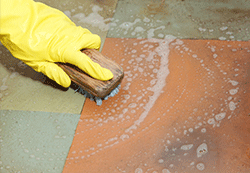
Quartz
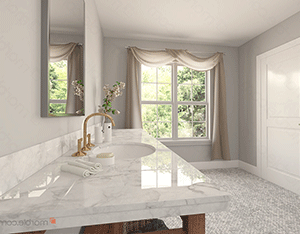
While less porous, quartz countertops can still develop rust stains, and abrasive cleaners can damage the surface.
Laminate
This material is more forgiving, but it’s still important to avoid harsh chemicals that can dull the finish.
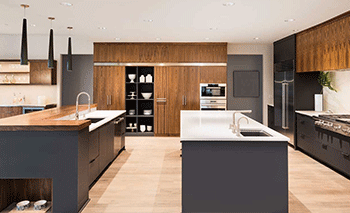
Prepare Your Cleaning Solution
Once you’ve identified your countertop material, you can prepare the appropriate cleaning solution. A few household ingredients can work wonders in lifting rust stains.
Baking Soda and Water Paste
This is a gentle yet effective option for most countertop materials. Mix baking soda with a little water to form a thick paste.
Lemon Juice and Salt
The acidity of lemon juice combined with the abrasiveness of salt can help break down rust stains, especially on natural stone.
White Vinegar
Vinegar’s acidity makes it a good option for laminate countertops, but it should be used cautiously on natural stone
Apply the Cleaning Solution
Now that your cleaning solution is ready, it’s time to apply it to the rust stain.
For Baking Soda Paste
Apply the paste directly to the rust stain and let it sit for about 10-15 minutes. This allows the baking soda to break down the rust without damaging the countertop.
For Lemon Juice and Salt
Sprinkle salt over the rust stain, then squeeze fresh lemon juice onto the salt. Let it sit for 10-15 minutes. The combination will work to lift the stain.
For White Vinegar
Soak a cloth in white vinegar and place it over the rust stain for 5-10 minutes. This should be long enough to break down the rust without damaging the surface.
Scrub Gently
After letting the cleaning solution sit, gently scrub the area using a non-abrasive sponge or cloth.
For Natural Stone
Use a soft cloth to avoid scratching the surface.
For Laminate
A sponge or soft cloth should do the trick without harming the finish.
If the stain is stubborn, you may need to reapply the cleaning solution and scrub again. Avoid using steel wool or abrasive pads, as these can scratch and damage the countertop.
Rinse and Dry
Once the rust stain has been removed, rinse the area thoroughly with water to remove any residue from the cleaning solution. Use a clean, dry cloth to wipe down the countertop, ensuring no moisture is left behind that could cause future rust stains.
Prevent Future Stains
Prevention is key to keeping your countertops rust-free. Here are some tips
Dry Counters Regularly
Moisture can lead to rust, so be sure to dry your countertops after use.
Use Coasters and Trivets
Place coasters under metal objects and trivets under hot pans to prevent rust from forming.
Seal Natural Stone
If you have granite or marble countertops, consider sealing them periodically to create a barrier against stains.
When to Call a Professional
If you’ve tried everything and the rust stain won’t budge, or if you’re dealing with a particularly delicate countertop material, it may be time to call in a professional. They can use specialized tools and products to remove the stain without damaging your countertop.
In conclusion, rust stains on countertops don’t have to be permanent. With the right approach, you can remove these stains and restore your countertops to their original beauty. Regular maintenance and preventive measures can keep your surfaces pristine for years.
